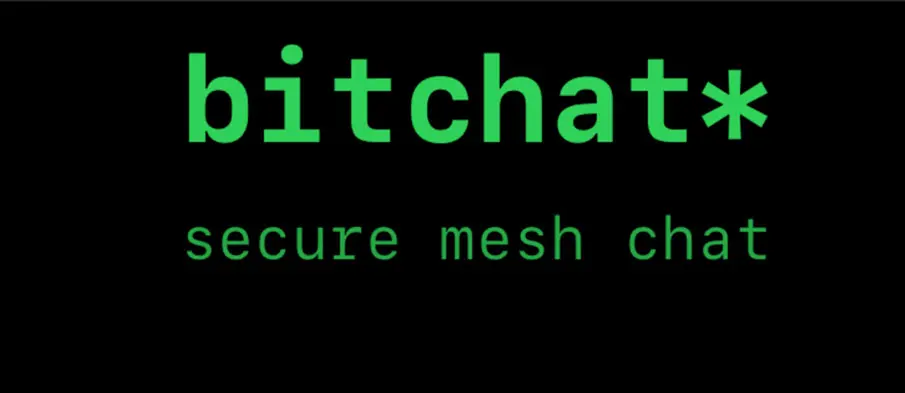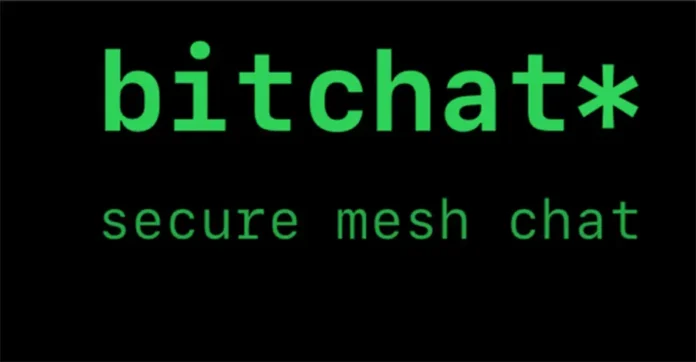
Jack Dorsey, co-founder of Twitter and CEO of Block, has quietly introduced a new messaging app called Bitchat, which enables secure, anonymous communication without relying on the internet or mobile networks. Developed over a single weekend as a personal side project, the app uses Bluetooth mesh networking to allow nearby devices to exchange messages directly. Now available in beta via TestFlight, Bitchat’s technical framework has also been published in a whitepaper on GitHub.
Unlike mainstream messaging platforms like WhatsApp or Messenger, Bitchat requires no phone number, email, or user account. It forms peer-to-peer clusters using Bluetooth Low Energy (BLE), allowing messages to hop between nearby devices until they reach their destination — even when the recipient is outside the typical Bluetooth range. All messages are end-to-end encrypted and are stored only temporarily on devices, with no central server or data collection involved.
Dorsey shared his intentions for the project in a post on X (formerly Twitter), saying Bitchat is a testbed for “Bluetooth mesh networks, relays and store and forward models, message encryption models, and a few other things.” He emphasized the app’s focus on privacy and resilience: “No servers, no infrastructure dependencies, messages exist only in device memory by default.”
Bitchat expands on concepts popularized during events like the 2019 Hong Kong protests, where Bluetooth-based apps were used to bypass internet censorship and shutdowns. Dorsey’s version adds features such as group chat “rooms,” @handle mentions, and password-protected conversations. A notable feature is its store-and-forward mechanism, which retains undelivered messages on a device until the recipient is back within range.
Looking ahead, Dorsey plans to incorporate Wi-Fi Direct support to extend range and improve speed. The whitepaper outlines potential applications in areas like disaster response, internet outages, and event coordination. It also describes robust privacy options, including opt-in bridging, channel-specific permissions, and cryptographic identity separation.
As the whitepaper summarizes: “Bitchat demonstrates that secure, private messaging is possible without centralised infrastructure. By combining Bluetooth mesh networking, end-to-end encryption, and privacy-preserving protocols, it provides resilient communication that works anywhere people gather.”





